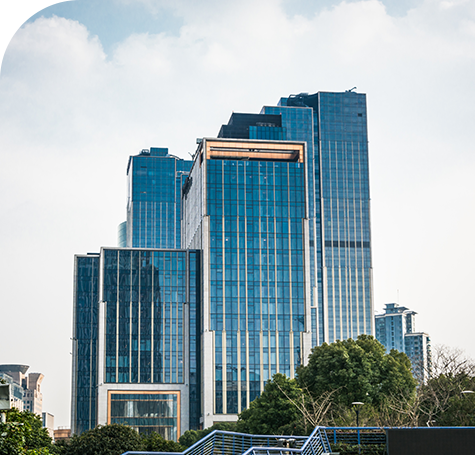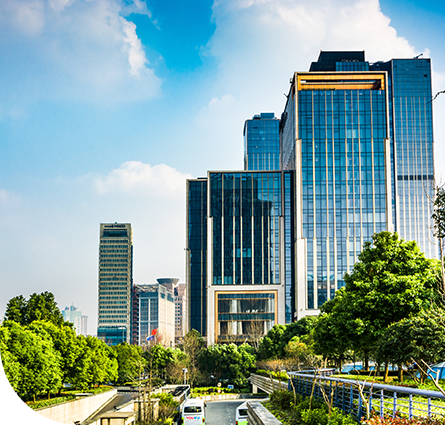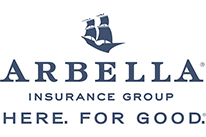In business, one of the most valuable assets you own is the building itself. However, even if you do not own the building, but instead lease it out, you can still benefit from commercial property insurance.
Commercial property insurance can be sold separately, but it is also one of the core coverages of business owners' insurance.


Commercial property insurance can cover any commercial property your business uses. It will protect you from damages caused by the range of perils listed in the policy. Covered losses can include fire, theft, and natural disasters.
There are a large number of businesses that benefit from commercial property insurance. These include retailers, manufacturers, service-orientated businesses, as well as not-for-profit organizations.
If you purchase commercial property insurance as part of a business owner's policy, then it will also come bundled with general liability insurance.
Commercial property insurance is designed to protect the building structure and all the assets inside the building or in its immediate vicinity. These include:
The insurance policy covers damage to the building or commercial property in the event of a fire, explosions, storms, hurricanes, burst pipes, theft, and vandalism. However, earthquakes and floods are usually not covered by commercial property insurance. To get covered for these high-impact events, talk to the insurance agency about whether it can be added as an extension to your commercial property insurance or whether you need to take out a specific flood or earthquake insurance policy.
Commercial property insurance typically does not cover wear and tear. Wear and tear are a common cause of disasters and damage, but it is the business owner’s responsibility to avoid those damages with proper maintenance, and cover the costs when something breaks.

If you run a business where a significant proportion of your property is on the go frequently, for instance, at a delivery or construction company, you should also consider inland marine insurance. While commercial property insurance covers the stationary aspects of your business, inland marine insurance covers property that is in transit. It only applies to land transportation, e.g., shipping something by truck.
The occasions that might require inland marine insurance include collisions, cargo theft, weather damage, explosions, and fires. Weather damage can be caused by hazards like hail, rainstorms, and strong wind, and cause $2.2 billion to $3.5 billion dollars of losses for trucking companies annually.
Inland marine insurance typically covers specialty items and equipment used for the business. For example, you can have coverage for personal computers and computer systems, scientific equipment, sales samples, items for delivery, construction equipment, tools, and so on. However, if you own the truck used for transport, the vehicle itself is not covered. To cover the vehicle, you are going to need commercial auto insurance.
A range of factors is taken into account when calculating the cost of commercial property insurance. These include:

If you own a small or medium-sized business, the chances are, you need commercial property insurance. Even if you just rent an office or workspace, you still need protection. Some landlords will also request proof of commercial property insurance from their business tenants, and mortgage providers will require it before granting a loan.
Consider insuring the following elements of your property:
Commercial property insurance can save you a lot of money when damages happen. However, why not also save on the policy itself? Follow these tips to get the best deal:
As an independent business ourselves, we know the value of good insurance. Send us an email to not go a day without proper coverage.




